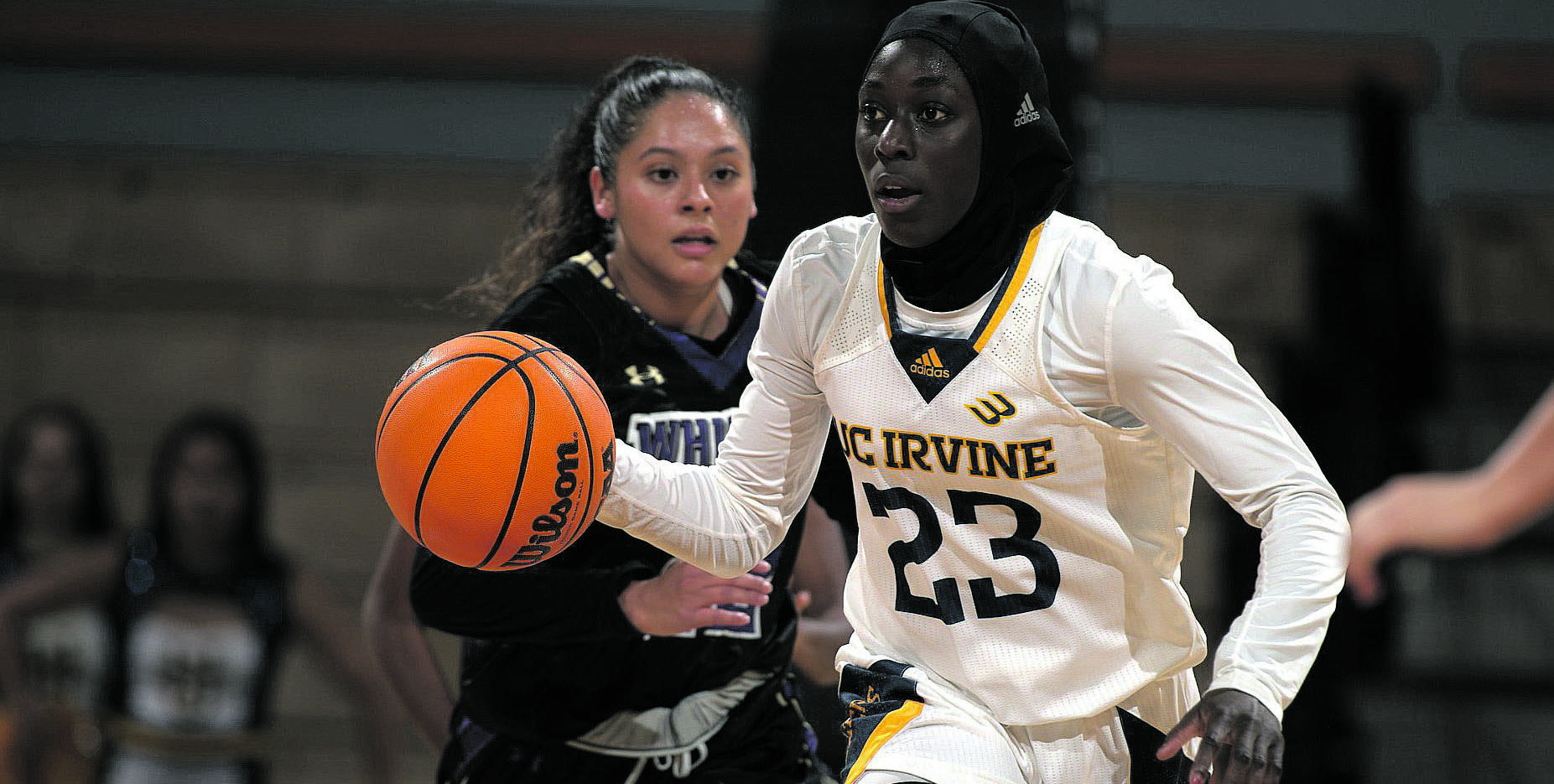
Nadine Osman
Sports and human rights organisations have called on International Olympic Committee (IOC) President Thomas Bach to help overturn a ban on French athletes wearing the hijab, ahead of the forthcoming Paris Olympics next month.
The IOC announced in September that athletes would be free to wear a hijab in the Paris 2024 Olympic Games athletes’ village without any restriction.
However, French Sports Minister, Amelie Oudea-Castera, has barred French athletes wearing the hijab at the Games, saying they must respect the country’s strict separation of religion and state.
On June 11, the Sport & Rights Alliance, which includes Human Rights Watch and Amnesty International and 9 other groups, urged an end to what it termed discriminatory bans. It called on the IOC to demonstrate its commitment to gender equality and pressure
French authorities ahead of the Games but has not received a response.
In a letter to the IOC dated May 24 and shown to the press on June 11, it urged the Olympic body “to publicly call on sporting authorities in France to overturn all bans on athletes wearing the hijab in French sport, both at Paris 2024 and at all times and all levels of the sport.”
This “would ensure that the Olympics leave a long-lasting and meaningful legacy for the values of dignity and equality,” said the alliance’s director, Andrea Florence.
Basketball player Diaba Konate said she had hoped to represent France at the Games but did not stand a chance because she wears a headscarf. During a press conference organised by rights groups, the 24-year-old former national youth team member said, “It’s very frustrating to be excluded from representing my home country,” despite her skills, “simply because of my religious identity.”
“I strongly believe that sports should be inclusive,” she said.
France has enforced strict secularism rules to ban athletes from wearing religious symbols at the Paris Olympics starting July 26. This prohibition prevents French women wearing headscarves from competing, adding to their exclusion from national football and basketball tournaments.
France’s secularism laws prohibit pupils, teachers in state schools, and civil servants from wearing “ostentatious” religious symbols.
Last year, France’s highest Administrative Court upheld a ban on women footballers wearing the hijab, despite FIFA permitting it since 2014. Similarly, the French Basketball Federation prohibits headscarves in competitions, despite FIBA allowing them since 2017. In October, the Paris region ceased funding clubs that did not adhere to the rule.
Timothée Gauthierot, a basketball coach in Paris and co-founder of Basket pour Toutes, stated, “Some girls have already stopped participating in sports, affecting their physical and mental health.”
“It’s dramatic just weeks ahead of the Olympics, which are supposed to be popular games for everyone… There’s a paradox, a hypocrisy,” he added. He explained that, despite basketball rules forbidding all religious symbols, such as the Jewish kippa or Sikh turban, they appeared particularly targeted at the Muslim hijab.
“I don’t know players who wear the kippa,” he said.
“But I do know Sikh players who wear a turban… They’re still playing, and they haven’t been banned from the court.
Photo: French basketball player Diaba Konate voiced her ambition to compete for her country at the Paris Olympics, but faces exclusion due to her headscarf. (Credit: UCIAthletics)